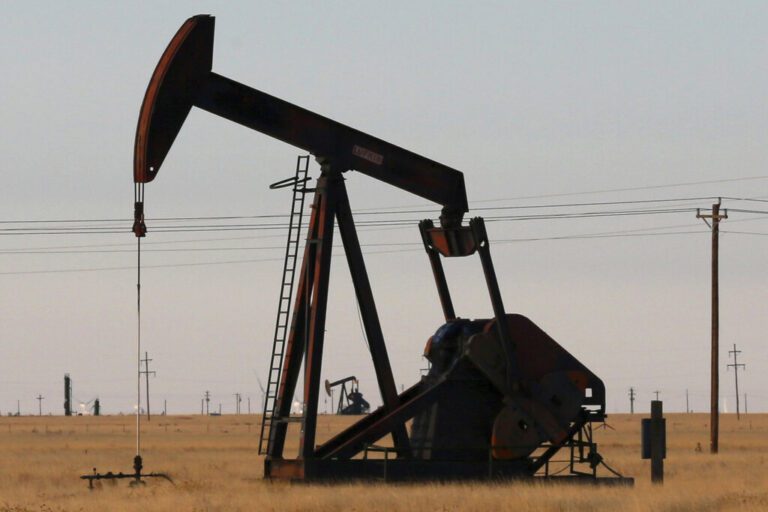Crude Oil Prices Plummet Amid Iran-U.S. Tensions
Crude oil prices in the United States faced a significant downturn on Monday, despite Iran’s retaliation against American military actions regarding its nuclear facilities. This article explores the implications of these developments on global oil markets and highlights key reactions from political leaders.
Significant Price Decline
On Monday, American oil futures dropped $5.33, or 7.22%, closing at $68.51 per barrel. This decline positioned prices below the levels recorded when Israel initiated its military operations against Iran earlier this month.
Key Factors Behind the Drop
Several elements have contributed to this price drop:
- Iran’s Missile Launch: Iran’s response involved launching missiles targeted at U.S. military bases in Qatar and Iraq, raising fears about potential escalations in conflict.
- Market Stability: Contrary to initial predictions, concerns around American airstrikes destabilizing regional oil supplies did not materialize, allowing oil prices to fall.
- Global Production Oversupply: OPEC+’s recent decisions to increase production and President Trump’s previous tariffs have also created a buffer against rising prices.
Presidential Call to Action
In light of the dropping oil prices, President Trump utilized his social media platform Truth Social to address the nation. He urged all stakeholders to keep oil prices down, warning, “EVERYONE, KEEP OIL PRICES DOWN. I’M WATCHING! YOU’RE PLAYING RIGHT INTO THE HANDS OF THE ENEMY. DON’T DO IT!”
Trump’s Pro-Oil Stance
In a follow-up message, Trump emphasized the need for increased domestic oil production, stating, “To The Department of Energy: DRILL, BABY, DRILL!!! And I mean NOW!!!”
White House Response
A spokesperson from the White House clarified that these messages were directed at producers to ensure stability in oil prices, thereby preventing advantages for adversaries.
Global Market Implications
Analysts remain cautious, noting that global oil markets could face severe disruptions if Iran proceeds with plans to close the Strait of Hormuz. This crucial waterway serves as a vital conduit for approximately 20% of global oil consumption, equating to nearly 20 million barrels per year.
Risk of Closure
- Potential Harm: If Iran restricts access to the Strait, the repercussions could ripple across economies worldwide.
- Limited Alternatives: Few shipping routes exist that can handle the crude oil volumes typically transported through this strait.
Diplomatic Dialogues
Secretary Marco Rubio has publicly urged China, which relies heavily on Iranian oil, to leverage its influence to deter Iran from pursuing aggressive maneuvers like closing the Strait. On Fox News, Rubio remarked:
“If they take that step, they’ll be hurting their own economy significantly. It’s a terrible mistake,” while asserting, “We retain options to deal with that.”
Iran’s Legislative Actions
Over the weekend, the Iranian parliament approved a measure that could lead to closing the Strait as retaliation for attacks on its nuclear sites, including Natanz, Isfahan, and the Fordow facility. However, it will ultimately be up to the Supreme National Security Council of Iran to decide if this course of action will be enacted.
China’s Role and Interests
On the global stage, China, receiving about half of its imported oil from the Middle East, reiterated its commitment to maintaining security in the Persian Gulf. A foreign ministry spokesperson highlighted:
“Maintaining security and stability in the region is in the common interests of the international community.”
Conclusion
As tensions in the Middle East escalate, the oil markets are not out of the woods yet. Stakeholders worldwide must monitor developments closely, as any cessation of activities in the Strait of Hormuz could lead to severe economic consequences. The interconnectedness of global oil supply chains ensures that producers, consumers, and policymakers alike will be affected by these unfolding events.
For more information on crude oil prices and market dynamics, check out Investopedia, Reuters, and MarketWatch.


